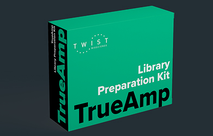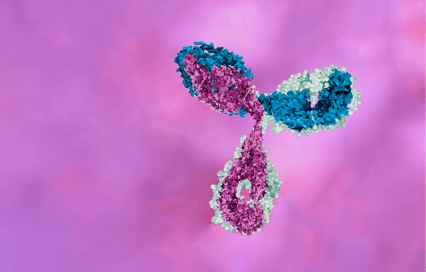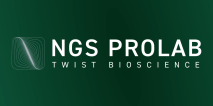The NGS community witnessed incredible collaboration during 2020 in the battle against COVID-19. Thousands of peer-reviewed manuscripts were published on the coronavirus, along with over 45,000 submitted sequences to GenBank. Twist Bioscience launched synthetic SARS-CoV-2 RNA controls and a NGS Target Enrichment Panel for viral detection in COVID-19 patients. Oxford Nanopore, MGI, and Illumina made significant progress in sequencing technology including increased accuracy and efficiency with lower costs to researchers. The first case study exploring the groundbreaking reversal of type 1 diabetes thanks to whole exome sequencing was published. With a very eventful 2020 in the books, here are some of the highlights:
The Incredible Mobilization to Find a Cure to the COVID-19 Pandemic
Researchers around the world are collaborating in extraordinary ways to tackle the COVID-19 pandemic. Roughly 4% of the world’s research output was focused on the coronavirus, with over 100,000 published articles. The number of sequences submitted to GenBank grew exponentially, with over 45,000 submitted sequences. At the beginning of the pandemic, papers focused on the spread, outcomes, diagnostics, and testing. As the year went on, the shift focused to mental health research related to the virus.
In addition, over 300 COVID-19 in vitro diagnostic kits have had Emergency Use Authorization (EUA) approvals, spanning over 9 kinds of technology including antigen lateral flow, real-time reverse transcriptase polymerase chain reaction (qRT-PCR), electrochemiluminescence immunoassays (ECLIAs), enzyme linked immunosorbent assays (ELISAs), and many more. EUAs allow the Food and Drug Administration (FDA) to strengthen public health protection against threats by facilitating the availability of medical countermeasures (MCMs) needed during emergencies.
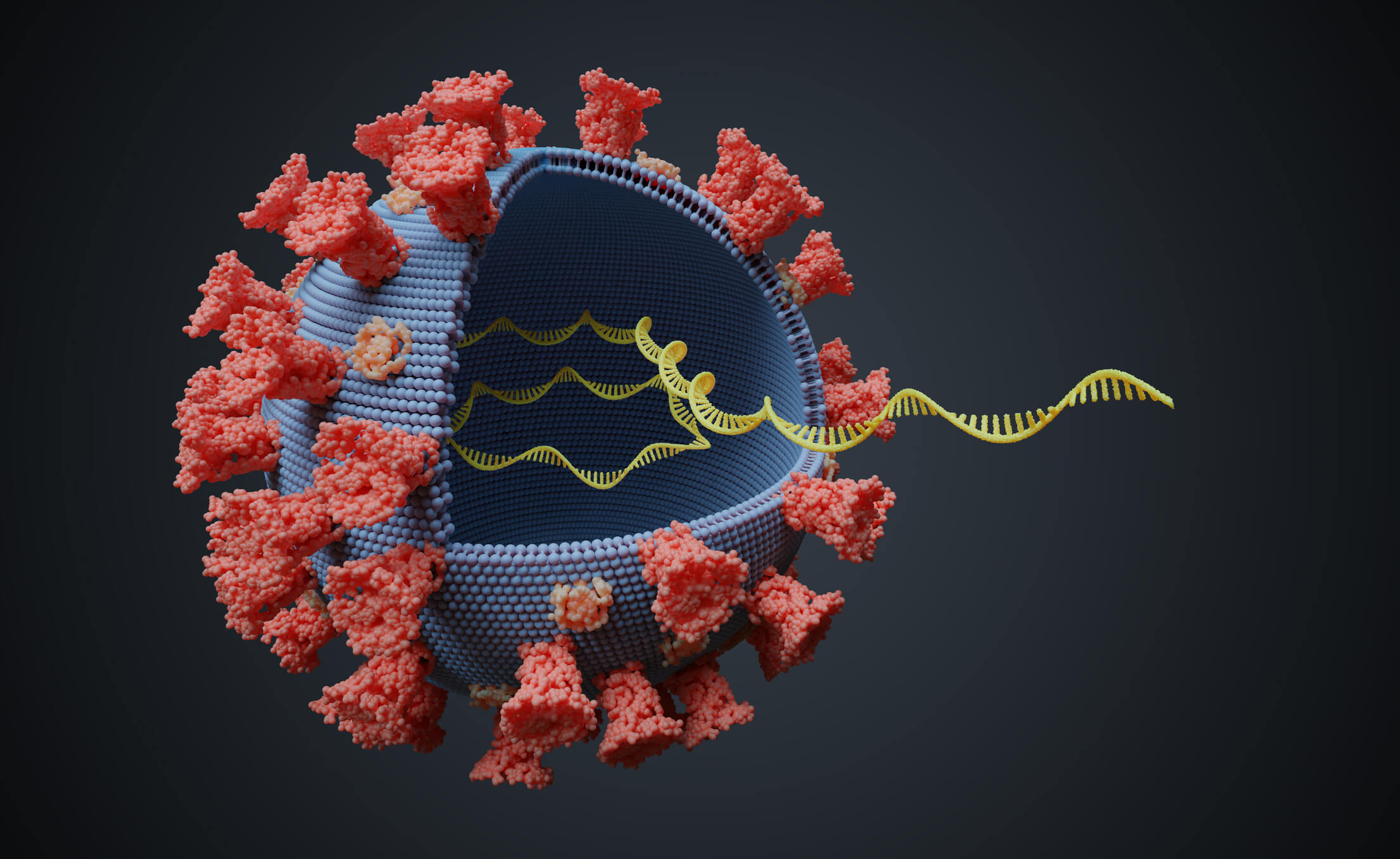
Twist Bioscience Launches Synthetic Controls for COVID-19 Testing
On March 12th, 2020, Twist Bioscience announced the availability of two synthetic SARS-CoV-2 RNA controls. These controls provide quality control for the development, verification, and validation of diagnostic tests including next-generation sequencing (NGS) and RT-PCR for COVID-19. The two controls cover the full SARS-CoV-2 viral genome and are sequence-verified. The FDA added the Twist controls as reference materials to their website on March 25th, 2020.
Just four days after announcing the two synthetic SARS-CoV-2 RNA controls, Twist Bioscience announced the availability of a NGS Target Enrichment Panel for viral detection and characterization of patients testing positive for SARS-CoV-2. These panels are designed to be used for environmental monitoring and surveillance testing while providing insight into sequence information to track viral evolution. Using their proprietary silicon-based DNA synthesis platform, coupled with target enrichment using DNA-based hybridization probes, Twist NGS panels offer high-throughput and specific infection identification from blood, nasal, and fecal samples. These target enrichment tools were used to specifically detect SARS-CoV-2 on New York City subways while filtering out other genetic material, leading to more cost-effective and reliable sequencing results.
In rapid response to a new, more transmissible strain circulating in the UK and South Africa in December, Twist is leveraging its platform synthesis technology and infrastructure to offer an additional control to detect this specific variant.
Oxford Nanopore Hits 99.1% Accuracy with PromethION
During the 2020 Nanopore Community Meeting earlier this month, Oxford Nanopore revealed a few key advances in sequencing technology. First, their large-scale, long-read, direct DNA and RNA sequencing platform, PromethION, reached a record 99.1% modal single-read accuracy using improved sequencing chemistry, high-accuracy variant calling tools, and automation options at scale. Second, updates to their new analysis algorithm, Bonito CRF, have shown 98.3% single-read accuracy, which is corroborated by customer reports. These updates also improved structural variation accuracy to 96% with only 30X coverage. Single nucleotide polymorphism accuracy also reached 99.92%. Third, Oxford Nanopore collaborated with Hamilton and Opentrons to provide automation solutions for high-throughput projects or everyday workflows such as library preparation or liquid handling.
MGI and Illumina Offer Affordable Sequencing Platforms
In February during the Advances in Genome Biology and Technology annual meeting, MGI announced the DNBSeq Tx “extreme throughput” sequencing platform, able to produce human genomes for only $100 in consumables costs. This platform consists of several components that spatially uncouples fluidics from imaging and uses large open slides instead of flow cells to carry the DNA nanoball arrays. It has an output of 70 terabases per run and has a runtime of 3.5 days and can process up to eight independent slides, each of which can produce data for up to 150 human genomes at 30X coverage. However, there are some caveats. In the US, the DNBSeq Tx platform will only run with the antibody-based CoolMPS sequencing chemistry. MGI has also not determined a list price. Lastly, MGI is currently in litigation disputes with Illumina, who was granted preliminary injunction for two patent lawsuits.
In August, Illumina announced the NovaSeqTM 6000 v1.5 Reagent Kit, making whole-genome sequencing more accessible and affordable. With only a $600 price tag, labs can now perform single-cell genomics, whole-genome sequencing, and liquid biopsy with flexibility and accuracy at scale. This kit has been enhanced to include improved quality specification score (Q30 scores upwards of 85% for read lengths up to 2x150bp), fully supported unique molecular identifiers, extended shelf life (six months instead of the previous three months), and support for new library prep kits and assays such as the Illumina DNA PCR-Free Prep Kit.
Illumina Acquires GRAIL for $8 Billion
After filing to go public, GRAIL, a healthcare company focused on early cancer detection, was acquired by Illumina for $8 billion in cash and stock. This acquisition adds a multidisciplinary team to address NGS, population-scale clinical studies, and machine learning to multi-cancer screening, with earlier detection and better outcomes. GRAIL has been making progress on its GalleriTM multi-cancer screening test using methylation signatures in cell-free DNA. This technology will be used for broadly available blood-based cancer screening that will make detection more effective and cheaper. GalleriTM is expected to launch in 2021.
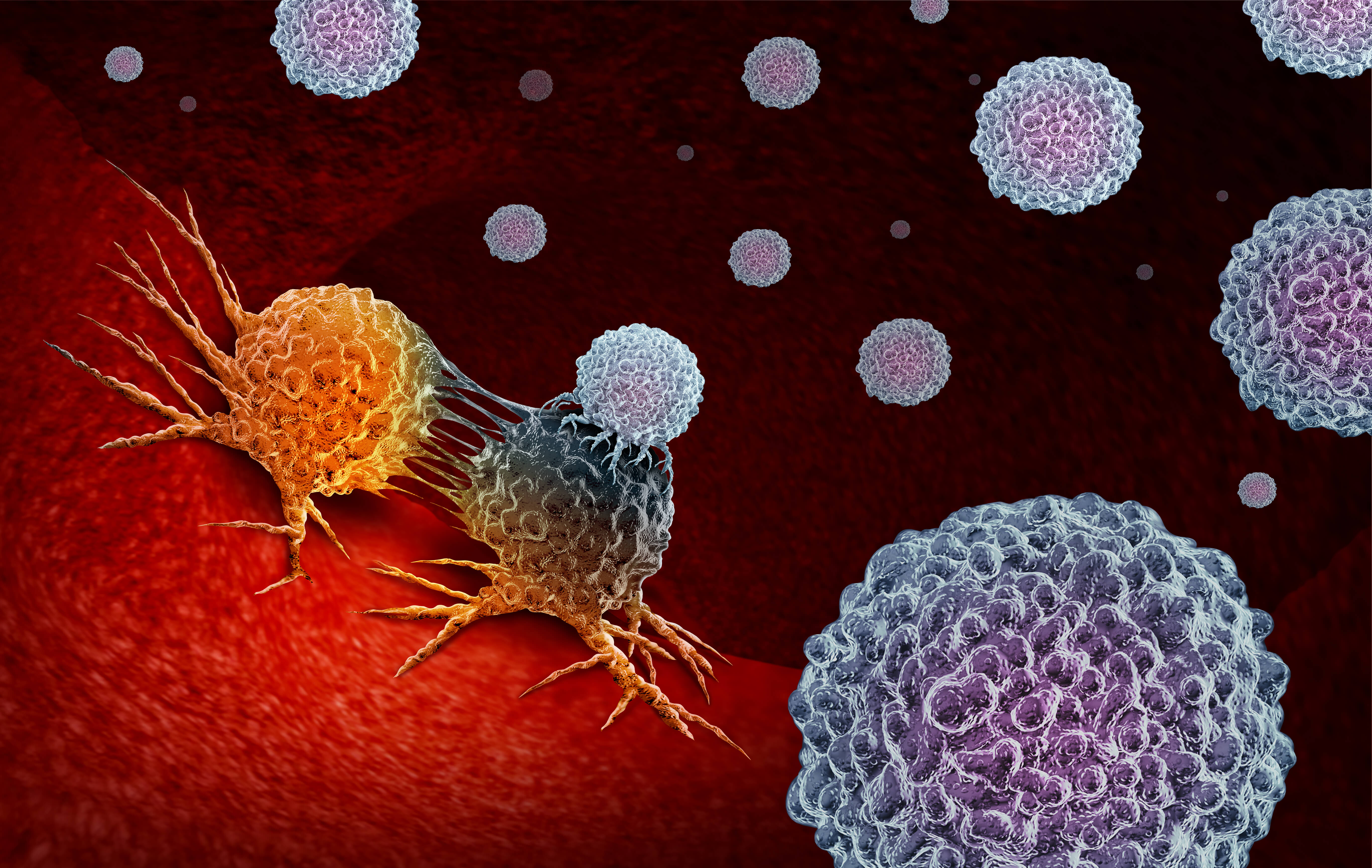
Guardant Health and Foundation Medicine Locked in Legal Battle over Liquid Biopsy Technology
Guardant Health, a leading precision oncology company, received FDA approval for its Guardant360® CDx, a liquid biopsy and NGS platform that uses high-throughput tumor profiling on blood to provide genetic information about a patient’s tumor in just seven days. The approval is for identifying epidermal growth factor receptor (EGFR) mutations in patients who might benefit from TAGRISSO (osimertinib), an FDA- approved therapy for metastatic non-small cell lung cancer (NSCLC). This less-invasive method for comprehensive genomic profiling moves beyond limitations of tissue specimens and provides better assessment of tumor composition, making it easier to identify problematic mutations in 55 tumor genes simultaneously.
In November, Guardant filed a lawsuit against Foundation Medicine, owned by Roche, for infringing on seven patents related to liquid biopsy. Foundation received FDA approval for its FoundationOne® Liquid CDx pan-tumor liquid biopsy test in August. This platform also uses a simple blood draw to analyze over 300 genes and genomic signatures for all solid tumor cancers. Because of the COVID-19 pandemic, the patent infringement jury trial will be on hold until March 2021.
Exome Sequencing Precision Medicine Reverses Type-1 Diabetes
In their correspondence to the editor of The New England Journal of Medicine, Chaimowitz et al. describe a case study of a 17-year-old boy with type 1 diabetes (T1DM). Whole-exome sequencing revealed a pathogenic heterozygous gain-of-function mutation in STAT1, a transcriptional activator involved in cell survival or pathogen response. STAT1 nuclear export can be regulated by JAK1 kinase activity. The patient was treated with the JAK1/2 inhibitor ruxolitinib, which was able to reverse his T1DM. The patient was able to reduce insulin doses and eventually stopped doses altogether one year after starting ruxolitinib and almost two years after being diagnosed with T1DM. This case study is the first to demonstrate reversal of T1DM due to a STAT1 mutation.
With all of these new technologies in NGS diagnostics and treatment, the NGS industry will be riding a wave of momentum going into 2021! Twist is proud to support the scientific community with robust tools for NGS analysis.


